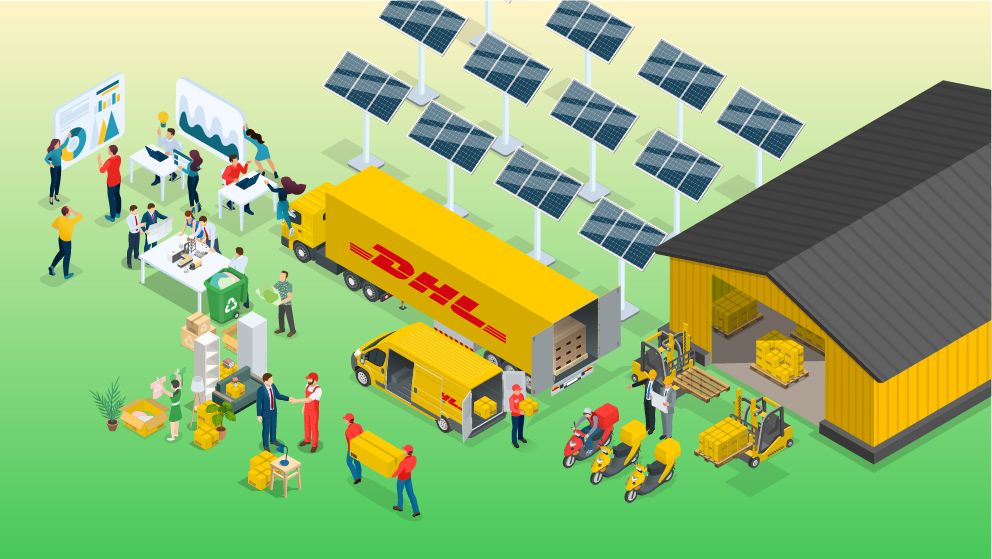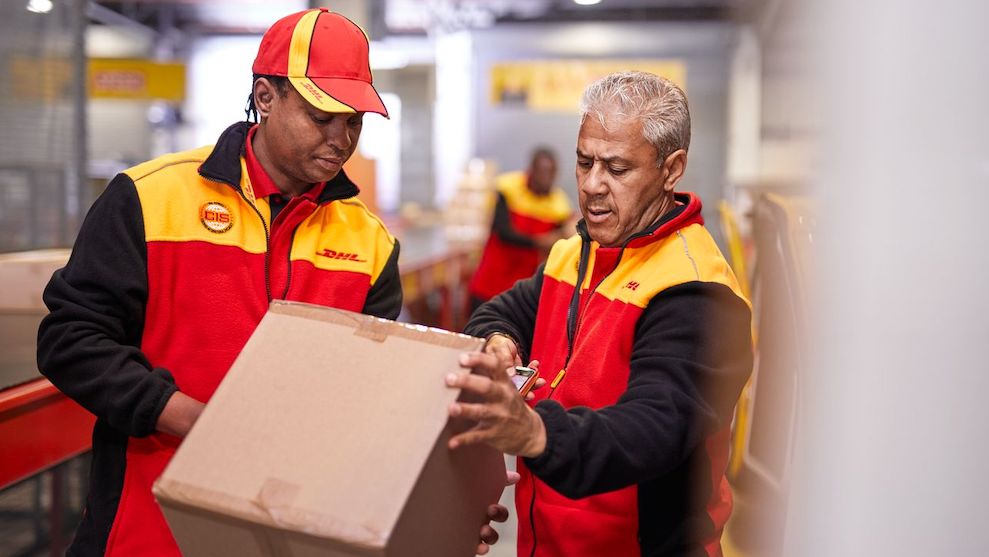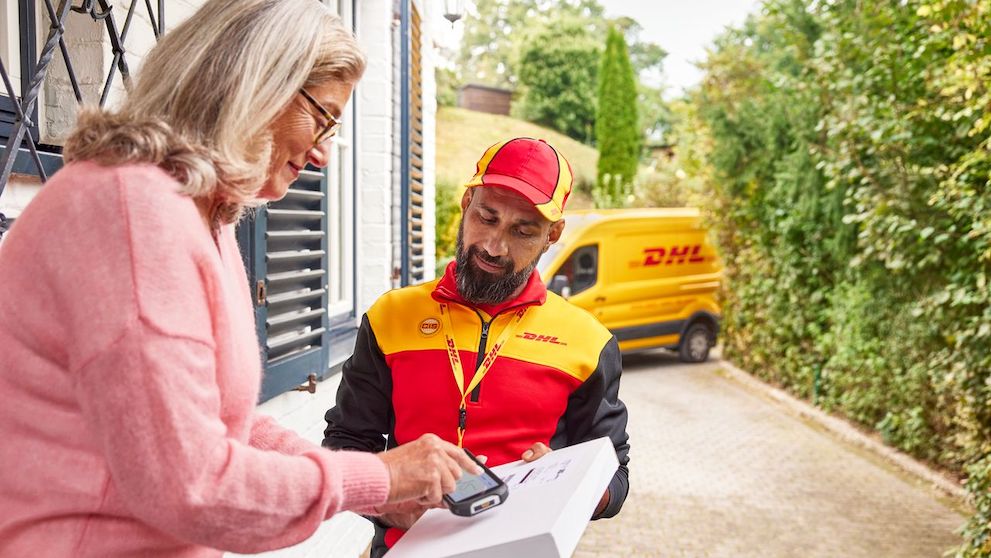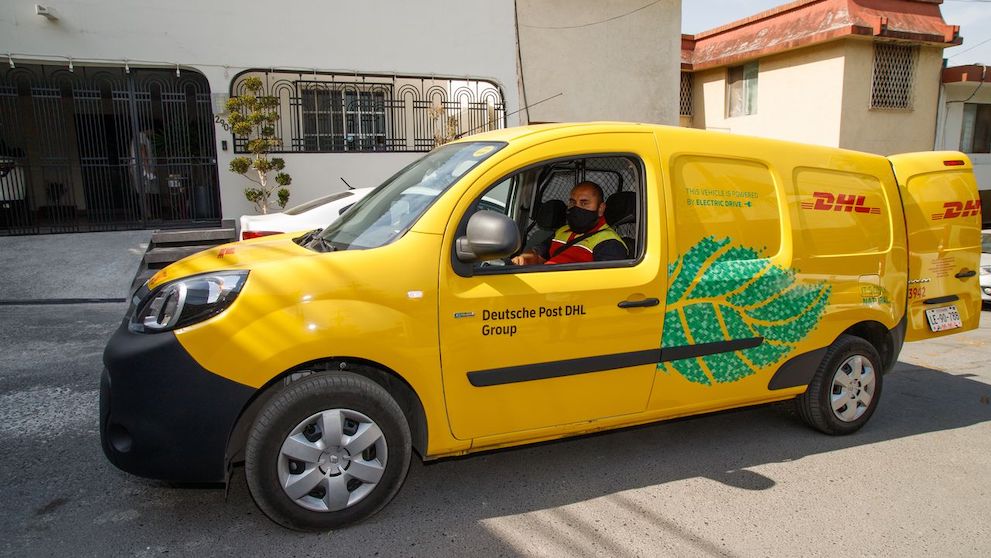Our ecosystem has come under enormous stress owing to mass pollution, carbon emissions, and excessive depletion of resources. The biodiversity is greatly compromised today as we face unpredictable weather and land degradation. The emergence of deserts, polluted lands and deforested earth – amounting to over 75% of our planet’s degradation – has already impacted the well-being of 3.2 billion people, a recent assessment by the Intergovernmental Science-Policy Platform on Biodiversity and Ecosystem Services revealed.
As a result, more individuals and businesses are moving towards sustainable lifestyles and processes to deal with this environmental issue. But is sustainability enough, or do we need a more aggressive approach in order to preserve a healthy and sustainable planet for future generations? This is where the concept of regenerative practices comes into the picture, a key factor that has redirected the discourse of sustainability in business.
What does regenerative mean in sustainability?
Sustainability is something that can last for a long time without interruptions or depreciation. In terms of the environment, sustainability means avoiding the depletion of resources to maintain ecological balance and the current state of the environment. But these efforts will not reduce the ecological deficit, levels of pollution, and excessive emissions in our environment. If companies want to restore and replenish what the planet has lost, adopting regenerative business models is the way to go.
So what is the difference between being regenerative and sustainable? Sustainability is more of a reactive approach where efforts are focussed on not harming the environment and stopping the irresponsible consumption of the Earth’s resources. In contrast, regeneration is more of a proactive approach where the focus is to prevent harm, actively fight back the degradation and regenerate what has been lost.
Regeneration is crucial in today’s world. Before the 1970s, the planet could generate enough resources for the whole year; today, we use up more resources than our earth can produce in a year, notes Acciona. With this consumption rate, we would need almost two planets to sustain our current way of life and economic systems. Since this is impossible, at least for now, paying attention to regenerative efforts to foster greater resilience will allow the planet to bounce back and tackle natural challenges in a way that it always did, before nature became tainted by human consumption.
Ways in which businesses go beyond sustainability
Being a regenerative business means focusing on strategic decision-making where all concerned systems are interdependent on each other to create a resilient and healthy environment for everyone. A regenerative business model acknowledges the interdependence of the community, resources, and industry to support life and cultivate the growth of all economic, social, or environmental aspects.
To further understand sustainable vs regenerative businesses, consider the following example. A company adopting a sustainable approach in packaging, for instance, could use recycled plastic but it does not remove the excessive amounts of plastic from the environment. On the other hand, regenerative packaging is made from a material that benefits the planet during its lifetime. Biodegradable or raw materials for packaging, for instance, can offer a net-positive impact on the environment as they can be easily decomposed instead of contributing to polluted matter.
Regenerative companies go beyond sustainability by taking steps to offset the harm that businesses usually do through initiatives such as rewilding, ocean habitat restoration, and working with the local communities to help build back and restore what has been lost.
Regenerative business practices
Because they understand how working conditions can impact the supply chain and consumer trust, regenerative businesses take ethical considerations into account, such as when choosing manufacturers, shifting workers’ mindsets, and developing individuals’ talents. Here’s a quick overview of how a regenerative company goes beyond sustainability practices:
- Second-level carbon reduction: Regenerative actions not only address climate issues and reduce carbon footprint but also initiate the removal of CO2 emissions that have already been released into the atmosphere.
- Environmentally friendly: They create eco-friendly products that benefit the environment, such as bamboo straws and even plantable packaging.
- Full-circle: It considers the entire lifecycle of materials from growth, processing and production to disposal.
- Fair wages: It considers the ‘people’ aspect of regeneration and ensures that all stakeholders along the supply chain are treated and paid relatively to foster economic empowerment.















